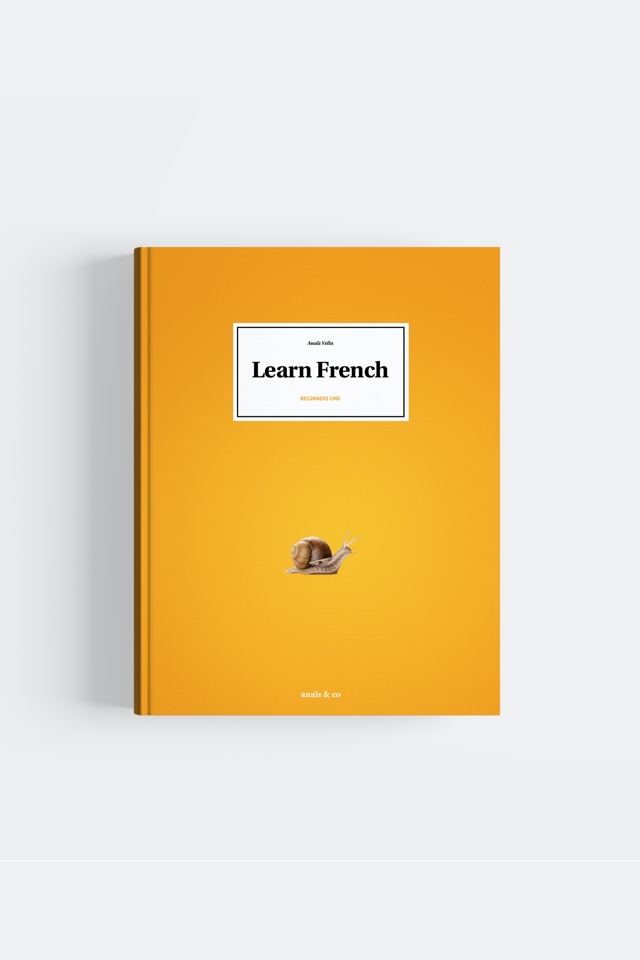

We add an “s” at the end of a singular noun, masculine or feminine, to have their plural form. Of course, you must change the article for its plural version. When “des” or “les” are followed by a vowel or an “h,” you must use the “z” link.
For example:
Un citron → Des citrons → Lemon.
Une tomate → Des tomates → Tomato.
Un abricot → Des abricots → Apricot.
The “x” is silent, so the singular and plural forms are pronounced the same. Only the article will help understand if it is singular or plural.
For example:
Un agneau → Des agneaux → Lamb.
Un cheveu → Des cheveux → Hair.
Un gâteau → Des gâteaux → Cake.
Some words ending in “au,” “eau,” “eu” take an “s” for the plural and not an “x.” This second layer of exception is not too common.
For example:
Un landau → Des landaus → Pram.
Un pneu → Des pneus → Tyre.
Un bleu → Des bleus → Bruise.
Here, the singular and the plural will not be pronounced the same, “aux” is pronounced “oh.”
For example:
Un cheval → Des chevaux → Horse.
Un journal → Des journaux → Newspaper.
Un animal → Des animaux → Animal.
In the second layer of exceptions, the nouns follow the main rule, by adding an “s.” This second layer of exception is not too common.
For example:
Un bal → Des bals → Prom.
Un carnaval → Des carnavals → Carnival.
Un festival → Des festivals → Festival.
Only a few nouns ending in “ail” will have their plural in “aux.” Here, the singular and the plural will not be pronounced the same, “aux” is pronounced “oh.” However, most nouns ending in “ail” are regular and will have their plural by adding “s.”
For example:
Le corail → Les coraux → Coral.
Le travail → Les travaux → Work (building/site).
Un vitrail → Des vitraux → Stained-glass window.
Un rail → Des rails → Rail.
The singular and the plural of “work” don’t have the same meaning in French. “Les travaux” means “works” for building or site works. “Le travail” means “job” and “work.”
Some nouns ending in “ou” will have their plural in “x.” Others will have their plural in “s,” so you need to remember the mark of the plural for nouns ending in “ou.” Here, the singular and the plural will be pronounced the same, so only the article will help you understand if it is plural or singular.
For example:
Un trou → Des trous → Hole.
Un bambou → Des bambous → Bamboo.
Un bijou → Des bijoux → Jewel.
Un chou → Des choux → Cabbage.
Le genou → Les genoux → Knee.
Nouns ending in “s,” “x” or “z” in the singular don’t change in the plural, but you need to change the article to help people understand if the noun is singular or plural.
For example:
Le bois → Les bois → Wood.
Une voix → Des voix → Voice.
Un nez → Des nez → Nose.
Some nouns have a different spelling for their plural forms and they will not have the same pronunciation.
For example:
Un monsieur → Des messieurs → Mr.
Un oeil → Des yeux → Eye.
Some nouns are only singular; their plural doesn’t exist.
For example:
Le bétail → Livestock.
Le courage → The courage.
Some nouns are only plural; their singular doesn’t exist.
For example:
Les funérailles → Funeral.
Les vacances → Holiday.
Some nouns, give the idea of being plural but, are singular because the article preceding them is singular.
For example:
La famille → The family.
Le temps → The weather.

More in the books
Werther you are learning by yourself, with Anais and Co or if you are a FLE teacher find this lesson and many more in a beautiful book.
Be notified when we upload a new video.